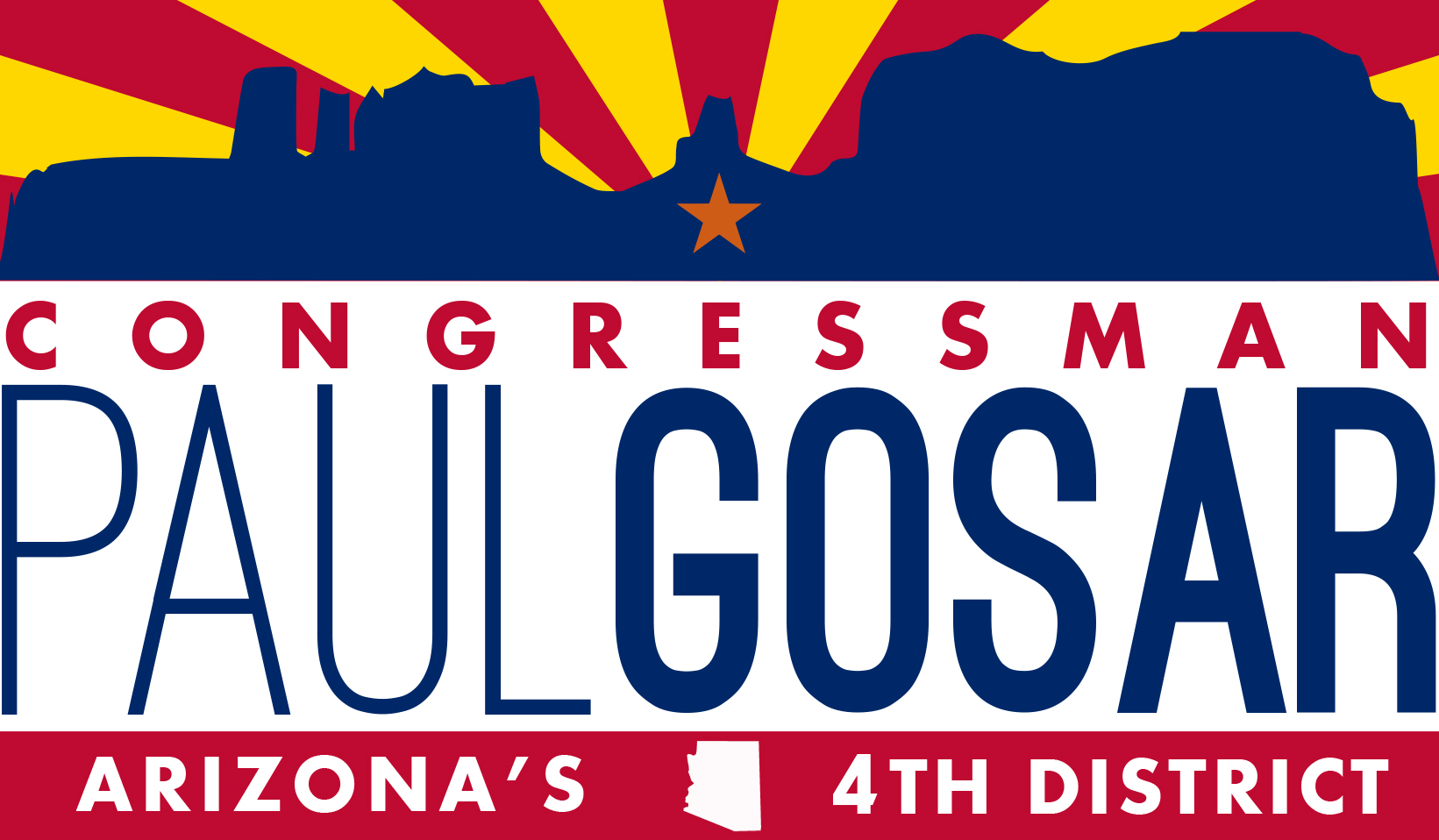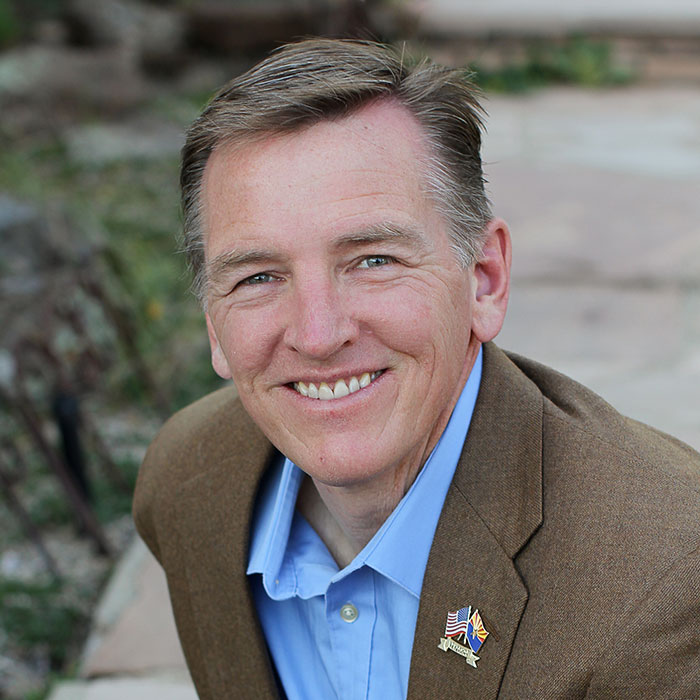|
Today, U.S. Congressman Paul A. Gosar, D.D.S. (AZ-04) released the following statement after the House defeated an amendment by Congressman Raul Grijalva (D-AZ) that would have removed a Gosar sponsored provision included in the Department of Interior, Environment and Related Agencies Appropriations Act which prohibits funds from being used to make a presidential declaration of a national monument under the Antiquities Act where there is significant local opposition:
“Today, the House sent a clear message to Congressman Grijalva and far-left special interest groups: the American people reject deceptive efforts to lock-up land through unilateral National Monument designations. Local communities deserve to have a voice in this process before President Obama bars them from even more land with the stroke of his pen.
“Instead, Congressman Grijalva would rather silence the 71% of Arizonans that oppose his proposal to designate 1.7 million acres in the Grand Canyon Watershed as a new national monument. Arizonans overwhelmingly reject this misguided land grab because they have witnessed firsthand the harmful consequences that unilateral land designations have on grazing rights, water rights and wildfire prevention. I’m proud to stand with the people of Arizona, as well as a majority of my House colleagues, in defeating government land grabs in counties where there is significant local opposition.”
Background:
On June 15, 2016, the House Appropriations Committee passed the Gosar-Stewart amendment that blocks the proposed Grand Canyon Watershed and Sedona National Monuments. Additionally, the amendment prohibited the president from designating new national monuments under the Antiquities Act in other counties where there is significant local opposition and was successfully included in the Interior and Environment Appropriations Act for Fiscal Year 2017. The text of the Gosar-Stewart amendment can be found HERE. The amendment passed the full Appropriations Committee 27-22.
The Gosar-Stewart amendment language was included in Section 453 of the Department of Interior, Environment and Related Agencies Appropriations Act. Grijalva amendment #41 attempted to strike this provision. Congressman Gosar led the charge to defeat the Grijalva amendment which included circulating a dear colleague in opposition, speaking against the amendment on the House floor and recruiting opposition from stakeholders.
In Arizona, the Gosar-Stewart language prohibits the designation of any national monument under the Antiquities Act in Coconino, Maricopa, Mohave and Yavapai counties. Designations would still be allowed in these counties if authorized by Congress and signed into law by the president.
Arizona already has 18 national monuments, more than any other state. Only about 18 percent of the land remaining in Arizona is privately held. National monument designations under the Antiquities Act typically have significant consequences that negatively affect grazing rights, water rights, wildfire prevention, and other land management activities. These declarations also result in some of the most restrictive land-use regulations possible and also greatly impact hunting, fishing, Off Highway Vehicles (OHV) and other recreational activities.
In November of 2015, Congressman Gosar introduced H.R. 3946, the Protecting Local Communities from Executive Overreach Act, legislation which updates the 1906 Antiquities Act in order to protect property rights, water rights and jobs from presidential overreach. More information HERE.
Congressman Gosar has also passed another amendment and submitted an appropriation’s rider to prevent further abuse of the Antiquities Act. In February of 2015, Congressman Gosar led his initial effort that was supported by 24 members of Congress to oppose declaration of the Grand Canyon Watershed under the Antiquities Act.
Congressman Raul Grijalva has claimed that the 1.7 million acre proposed Grand Canyon Watershed came from tribes. This proposal was put forth by the Sierra Club, the Center for Biological Diversity and the Wilderness Society because they specifically want to prevent mining, retire grazing permits, close roads to OHV users, and prevent forest thinning activities.
There is widespread opposition to the proposed Grand Canyon Watershed Monument and the Americans for Responsible Recreational Access issued a press release on a scientific poll that found 71.6% of Arizonans are opposed to the proposed Administrative designation of 1.7 million acres in Northern Arizona as a National Monument.
This proposed 1.7 million acre land grab would undermine the Four Forest Restoration Initiative Program and make Arizona more vulnerable to wildfires. Attorneys have testified that this proposed monument could tie up future surface water use and future groundwater use. The proposed monument also includes 64,000 acres of Arizona State Trust lands and almost 28,000 acres of private land.
###

|

